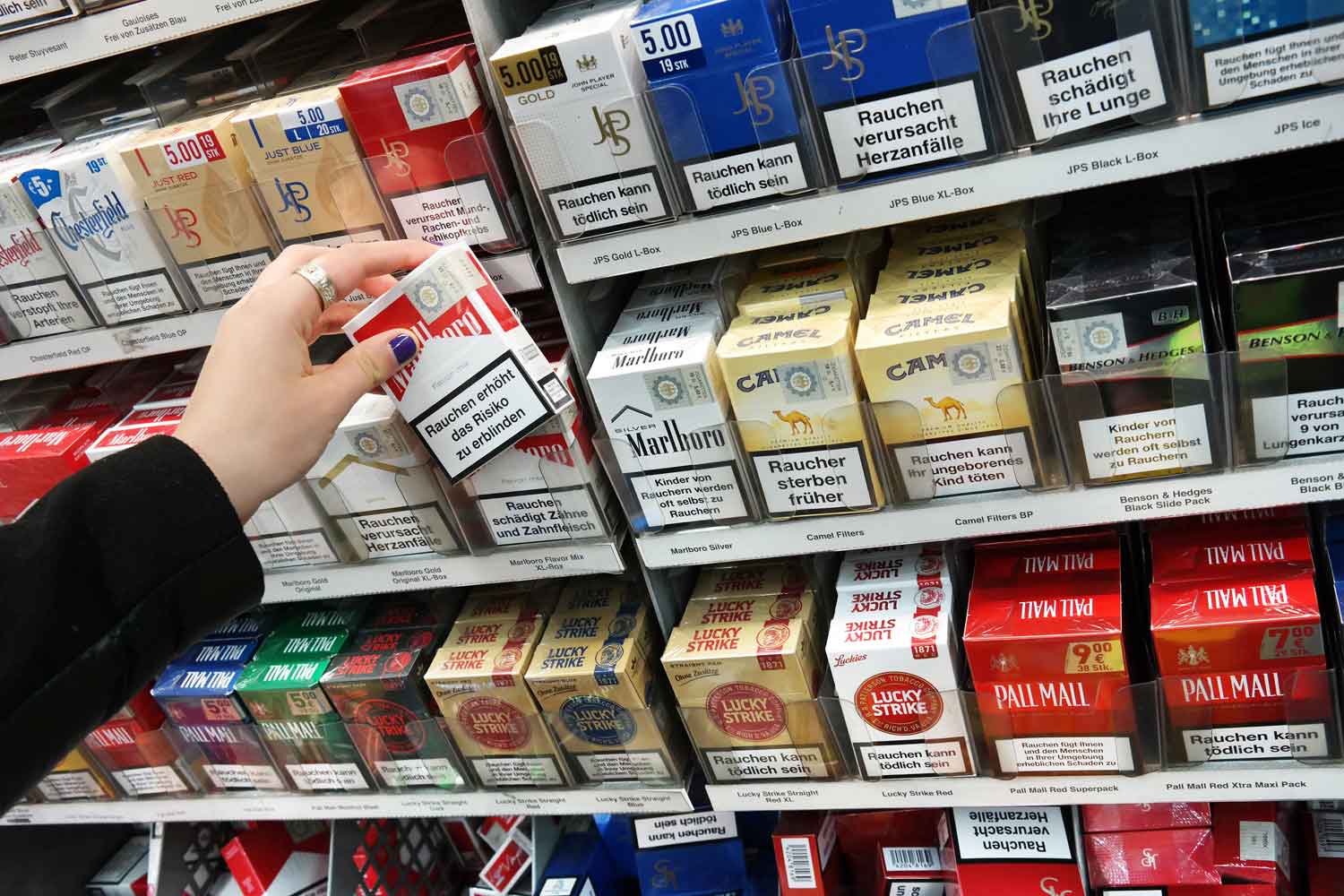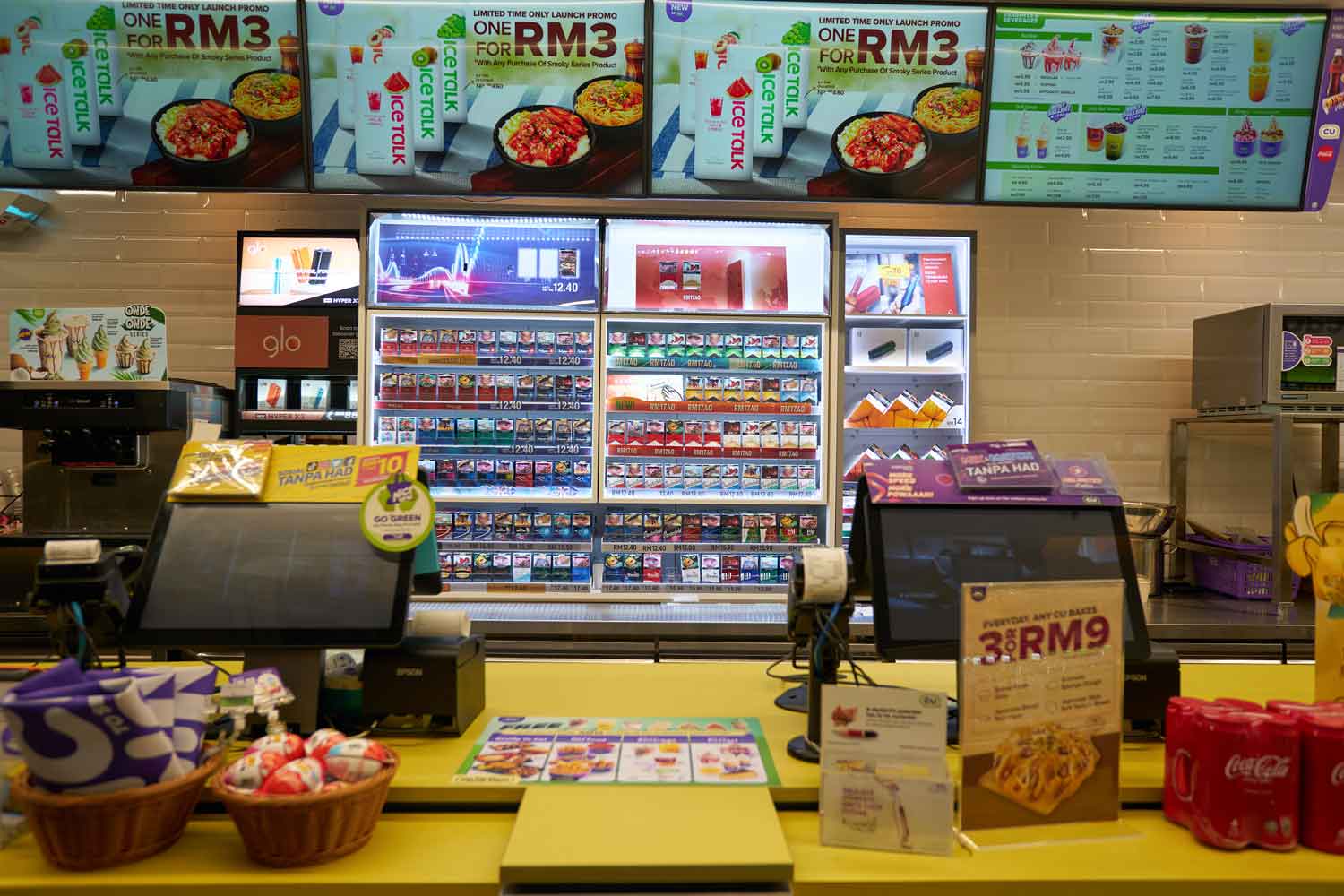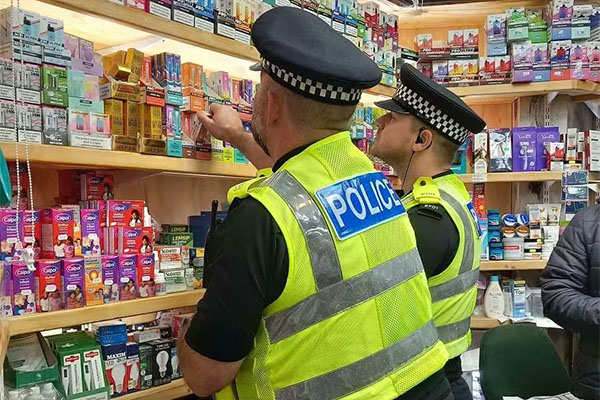Vietnam introduced fines of up to VND10 million ($380) for school principals if students are caught using e-cigarettes or heated tobacco products on campus, under Decree 371 issued by the Ministry of Health. The measure, the first to assign direct legal responsibility to school leaders, comes as youth vaping among ages 13–17 rose sharply from 2.6% in 2019 to 8.1% in 2023. Students face fines of VND3–5 million ($114 to $190), with all products confiscated and destroyed, while large-scale illegal production or trade may trigger criminal penalties of up to VND1 billion ($38,000) or five years in prison.
The enforcement framework supports Vietnam’s nationwide ban on e-cigarettes and heated tobacco products starting in 2025, with early data showing declines in vaping-related cases and hospitalizations, signaling increased regulatory pressure on alternative nicotine products.










